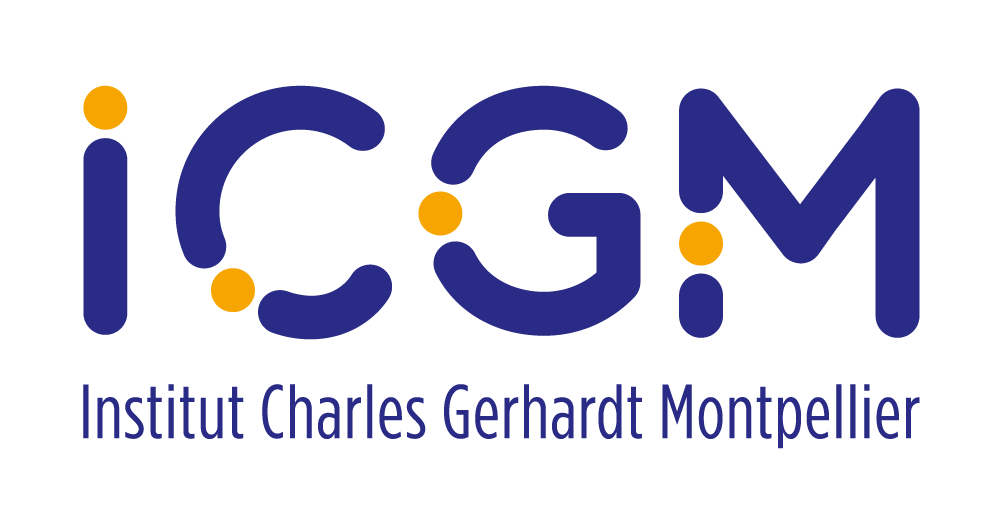Regression Machine Learning Models Used to Predict DFT-Computed NMR Parameters of Zeolites
Résumé
Machine learning approaches can drastically decrease the computational time for the predictions of spectroscopic properties in materials, while preserving the quality of the computational approaches. We studied the performance of kernel-ridge regression (KRR) and gradient boosting regressor (GBR) models trained on the isotropic shielding values, computed with density-functional theory (DFT), in a series of different known zeolites containing out-of-frame metal cations or fluorine anion and organic structure-directing cations. The smooth overlap of atomic position descriptors were computed from the DFT-optimised Cartesian coordinates of each atoms in the zeolite crystal cells. The use of these descriptors as inputs in both machine learning regression methods led to the prediction of the DFT isotropic shielding values with mean errors within 0.6 ppm. The results showed that the GBR model scales better than the KRR model
Origine : Fichiers éditeurs autorisés sur une archive ouverte

